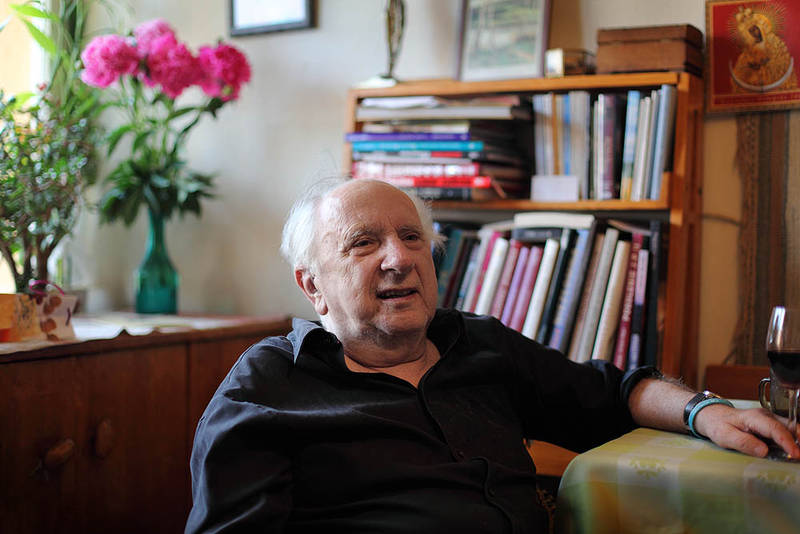Are they overrated? Anis Shivani knocks the famous 15.
Saturday, March 30th, 2013“Are the writers receiving the major awards and official recognition really the best writers today? Or are they overrated mediocrities with little claim to recognition by posterity? The question is harder than ever to answer today” – yet the fearless Anis Shivani takes a shot at it in the Huffington Post here. A few days we wrote about the outspoken literary critic. Did you catch his post on “The 15 Most Overrated Contemporary American Writers”? Shivani roams freely among genres, condemning essayists, poets, novelists, journalists, you name it.
He writes:
“The ascent of creative writing programs means that few with critical ability have any incentive to rock the boat – awards and jobs may be held back in retaliation. The writing programs embody a philosophy of neutered multiculturalism/political correctness; as long as writers play by the rules (no threatening history or politics), there’s no incentive to call them out. (A politically fecund multiculturalism – very desirable in this time of xenophobia – is the farthest thing from the minds of the official arbiters: such writing would be deemed ‘dangerous,’ and never have a chance against the mediocrities.)
The MFA writing system, with its mechanisms of circulating popularity and fashionableness, leans heavily on the easily imitable. Cloying writers like Denis Johnson, Amy Hempel, Lydia Davis, Aimee Bender, and Charles D’Ambrosio are held up as models of good writing, because they’re easy enough to copy. And copied they are, in tens of thousands of stories manufactured in workshops. Others hide behind a smokescreen of unreadable inimitability – Marilynne Robinson, for example – to maintain a necessary barrier between the masses and the overlords. Since grants, awards, and residencies are controlled by the same inbreeding group, it’s difficult to see how the designated heavies can be displaced.
As for conglomerate publishing, the decision-makers wouldn’t know great literature if it hit them in the face. Their new alliance with the MFA writing system is bringing at least a minimum of readership for mediocre books, and they’re happy with that. And the mainstream reviewing establishment (which is crumbling by the minute) validates their choices with fatuous accolades, recruiting mediocre writers to blurb (review) them.”
Sounds a lot like what Dana Gioia was saying a couple decades ago in “Can Poetry Matter?” (The controversial Atlantic article was eventually published in his book of that title in 1992.) And Dana spared us the tedious little click-through of the line-up of the condemned writers and their photographs. But still …
Shivani concludes:
“If we don’t understand bad writing, we can’t understand good writing. Bad writing is characterized by obfuscation, showboating, narcissism, lack of a moral core, and style over substance. Good writing is exactly the opposite. Bad writing draws attention to the writer himself. These writers have betrayed the legacy of modernism, not to mention postmodernism.”
The list of the condemned includes: Amy Tan, Billy Collins, Antonya Nelson, Jhumpa Lahiri, Michael Cunningham, John Ashbery, Mary Oliver, Sharon Olds, Jorie Graham, Louise Gluck, Junot Diaz, Jonathan Safran Foer, Jorie Graham, Michiko Kakutani, William T. Vollmann, and Helen Vendler. Something for everyone.
Read it here.
You may not agree, but feel free to mount your defense in the comment section below. We’ll be curious to know what you think. Truly.
Meanwhile, it’s proving an exceptionally busy weekend, what with editing interview transcripts, answering a backlog of letters, proofs to review, a visit to the East Coast to organize, and weekend engagements. See you on Monday.


















